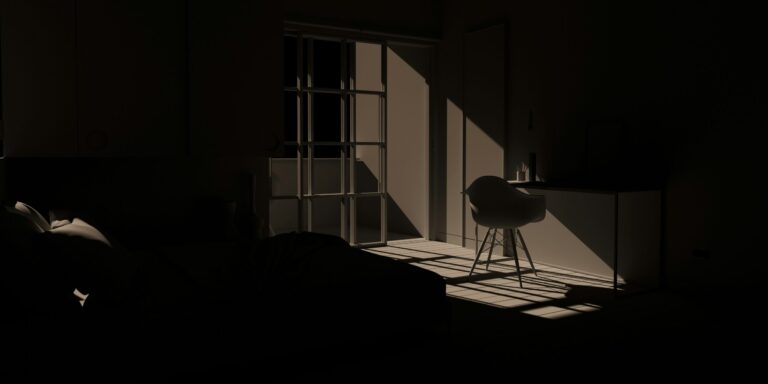Lana Del Rey has released Fever Dreams, a lush, cinematic album that marks a stunning return to her melancholic and introspective roots. Known for her haunting vocals and deeply emotional songwriting, Del Rey’s latest project blends dreamy orchestral production with poignant lyricism that addresses themes of love, nostalgia, and personal growth. With Fever Dreams, Del Rey reaffirms her place as one of the most emotionally resonant and innovative voices in modern music.
The album’s lead single, “Wasted Youth,” has already captivated listeners with its ethereal production and emotionally raw lyrics. The track begins with soft, atmospheric synths before transitioning into sweeping orchestral arrangements that mirror the emotional intensity of Del Rey’s vocal delivery. “Wasted Youth” explores the fragility of youth and the sense of loss that often accompanies it. Del Rey’s haunting voice, paired with the track’s cinematic production, creates a sense of yearning and vulnerability that sets the tone for the album’s introspective journey.
As Fever Dreams unfolds, tracks like “Fading Moonlight” and “Endless Summer” continue to explore the complexities of relationships and the passage of time. “Fading Moonlight” evokes the quiet ache of love lost, with Del Rey reflecting on the impermanence of beauty and happiness. The lush orchestration, with its sweeping strings and delicate piano, adds a sense of timelessness to the song, making it one of the album’s most emotionally evocative moments. Similarly, “Endless Summer” captures the fleeting nature of summer love, with its nostalgic melodies and poignant lyrics evoking a sense of longing for a simpler time. The track’s orchestral flourishes add a cinematic quality, making it a standout in Del Rey’s already impressive catalog.
One of the most exciting features of Fever Dreams is the collaboration with longtime producer Jack Antonoff and rising star Phoebe Bridgers. Antonoff, who has worked with Del Rey on several projects, brings his signature atmospheric touch to the album, expanding Del Rey’s sound without losing the vintage style that has made her a beloved figure. His production on tracks like “Echoes of the Heart” adds a layer of depth, with subtle electronic textures blending seamlessly with the lush orchestral arrangements. Meanwhile, Phoebe Bridgers’ collaboration on “Lullaby for the Lost” introduces a new, ethereal quality to Del Rey’s sound. The combination of their voices creates a haunting, dream-like atmosphere that perfectly complements the song’s introspective lyrics.
Fever Dreams showcases Del Rey’s ability to evolve while staying true to the qualities that have made her a global icon: emotional depth, cinematic production, and an uncanny ability to evoke nostalgia and longing. The album blends elements of baroque pop, orchestral music, and electronic textures, creating a rich, layered sound that feels both timeless and contemporary. Del Rey’s songwriting remains as poignant as ever, exploring themes of love, self-discovery, and the passage of time with a sense of vulnerability and introspection that resonates deeply with her audience.
With Fever Dreams, Lana Del Rey proves once again that she is a master at crafting emotionally charged, timeless music that touches the hearts of listeners. The album’s cinematic sound, combined with its deeply personal themes, offers a reflective journey that captures the complexity of modern life, love, and growth. Del Rey’s haunting voice and evocative lyricism continue to captivate and inspire, solidifying her place as one of the most distinctive and influential artists in contemporary music.
Fever Dreams is a testament to Lana Del Rey’s enduring artistry, offering a hauntingly beautiful exploration of the human experience that will resonate with listeners for years to come.


